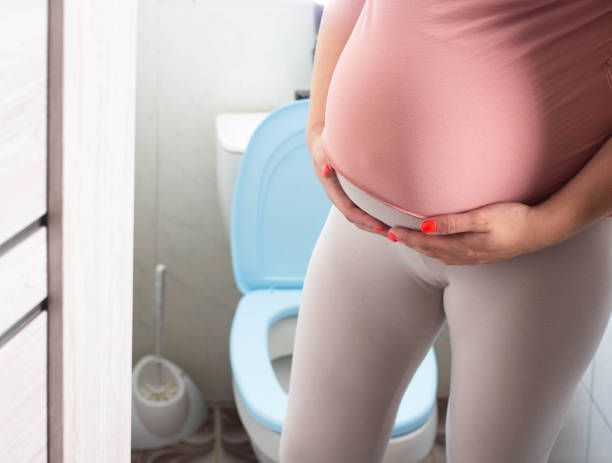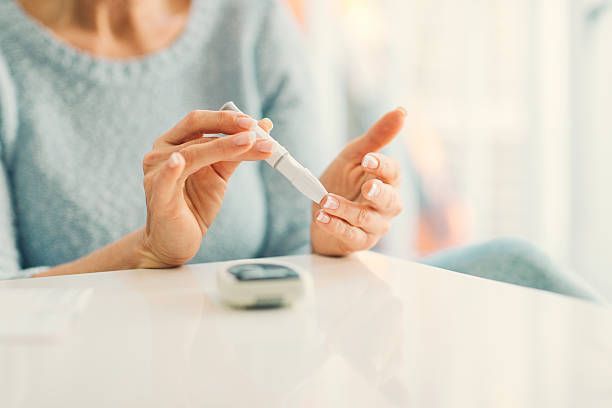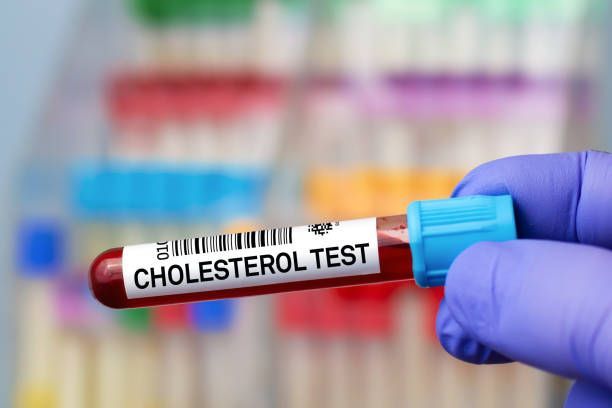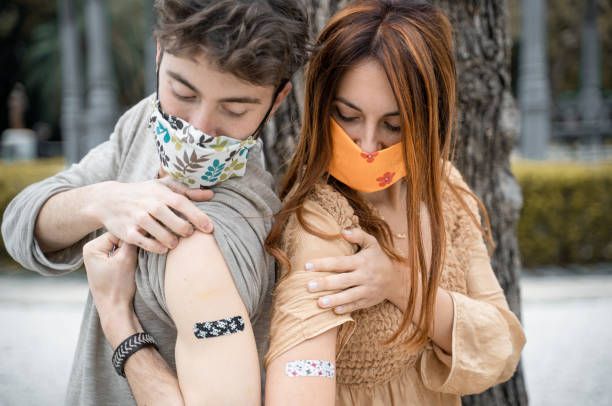Difference Between Food Poisoning and Stomach Bug
When you're feeling nauseous, experiencing stomach cramps, or dealing with sudden bouts of diarrhea, you might wonder, "Is it food poisoning or a stomach bug?"
These two illnesses can cause similar symptoms, making it hard to know exactly what's wrong. However, understanding the key differences between food poisoning and a stomach bug can help you determine the cause of your discomfort—and decide when it's time to seek medical help.
At
UrgiClinic Urgent Care, we know how debilitating these stomach issues can be. Whether you're dealing with food poisoning or a stomach bug, we’re here to offer fast, expert care to get you back on your feet.
In this blog, we'll explore the symptoms, causes, and treatments of both conditions, so you’ll have a better idea of what’s going on with your body.
What’s the Difference Between Food Poisoning and a Stomach Bug?
Although the symptoms of food poisoning and a stomach bug (also known as viral gastroenteritis) can overlap, they are caused by different things.
Food poisoning is usually the
result of eating contaminated food or drinks. Harmful bacteria, viruses, or parasites are often behind food poisoning, which can happen after consuming undercooked meats, unwashed produce, or improperly stored food. Symptoms can come on suddenly—often within hours of eating.
On the other hand, a
stomach bug is caused by a viral infection, most commonly
the norovirus. The virus is often spread through close contact with an infected person or by touching contaminated surfaces. Unlike food poisoning, the stomach bug usually takes a bit longer to develop after exposure, often taking one to three days for symptoms to appear.
This graph from the
Centers for Disease Control (CDC) illustrates the weekly number of suspected or confirmed norovirus outbreaks reported by NoroSTAT-participating states from August 2012 to September 2024.
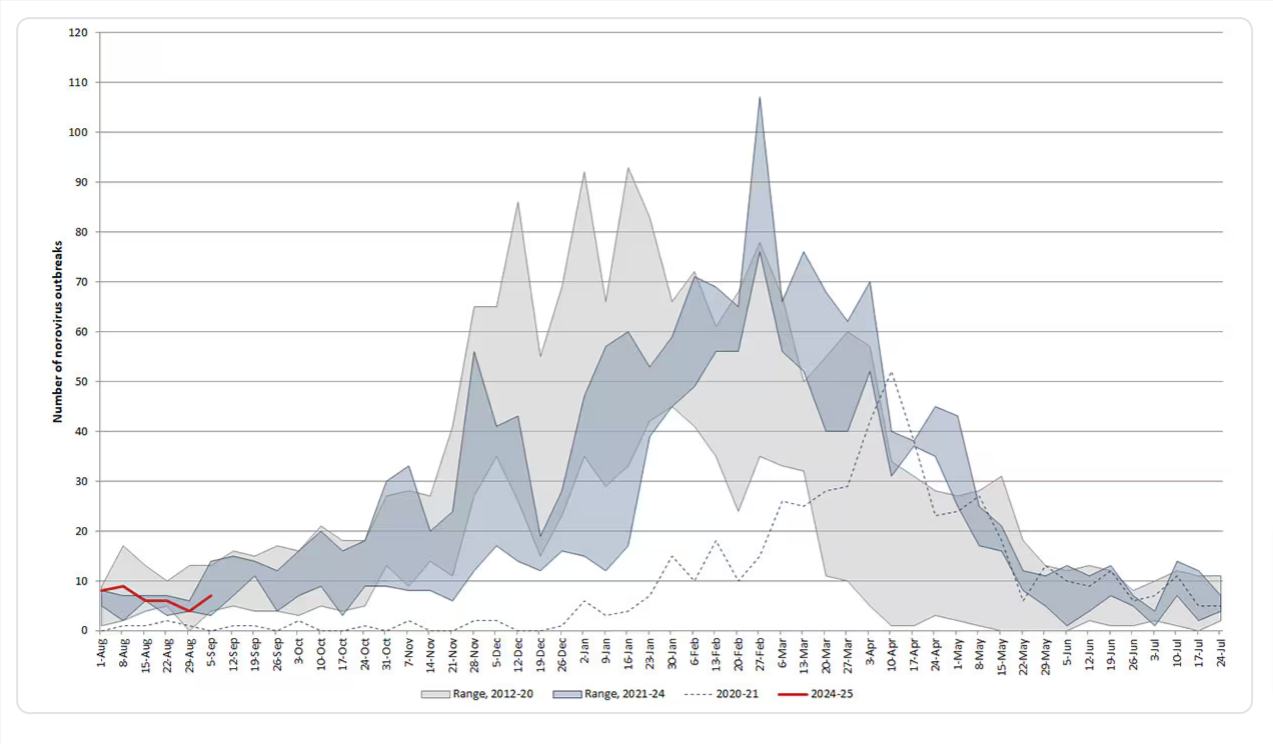
Symptoms of Food Poisoning vs. a Stomach Bug
One of the most common questions we hear at UrgiClinic urgent care is, "How can I tell if it's food poisoning or a stomach bug?" While both conditions cause gastrointestinal symptoms, there are a few differences in how they present. Let’s break it down:
Food Poisoning Symptoms
Food poisoning tends to strike fast, sometimes within hours of consuming contaminated food. The symptoms can be severe but usually clear up within a few days. Common signs of food poisoning include:
- Nausea and vomiting: A sudden onset of nausea and vomiting is typical of food poisoning.
- Diarrhea: Often watery and can occur frequently.
- Stomach cramps: Sharp or aching stomach pains are common.
- Fever: A mild fever may accompany food poisoning, but it’s not always present.
- Fatigue and weakness: As your body fights off the toxins, you may feel drained of energy.
- Dehydration: Repeated vomiting and diarrhea can quickly lead to dehydration, a serious concern with food poisoning.
The onset of these symptoms typically happens quickly—within a few hours to a day after eating contaminated food. If you suspect food poisoning, it’s essential to stay hydrated and monitor your symptoms closely.
Stomach Bug Symptoms
A stomach bug, or viral gastroenteritis, usually develops a little more slowly than food poisoning, with symptoms appearing one to three days after exposure to the virus. The symptoms of a stomach bug may include:
Nausea and vomiting: Similar to food poisoning, but the vomiting tends to last longer.- Diarrhea: Often watery and can last several days.
- Mild fever: A low-grade fever is common with a stomach bug.
- Muscle aches and headaches: Unlike food poisoning, the stomach bug often comes with body aches and headaches, making you feel like you have the flu.
- Fatigue: The stomach bug can leave you feeling wiped out, sometimes for days after other symptoms subside.
While food poisoning tends to hit hard and fast, the stomach bug can linger for a week or more, leaving you feeling weak and exhausted.
Is It a Stomach Bug or Food Poisoning?
So, how can you figure out whether it’s food poisoning or a stomach bug that’s causing your discomfort? Here are a few factors to consider:
- How quickly symptoms appeared: If you started feeling sick within hours of eating, it’s more likely food poisoning. If it took a day or two for symptoms to show up, it could be a stomach bug.
- Duration of symptoms: Food poisoning usually resolves within 1-3 days, while a stomach bug can last up to 10 days.
- Fever and body aches: While both conditions can cause a low-grade fever, the stomach bug is more likely to come with flu-like symptoms like body aches and headaches.
- Exposure to contaminated food: Think back to what you ate before you got sick. If you consumed undercooked meat, unpasteurized dairy, or food from a source you’re unsure about, food poisoning might be to blame.
- Recent contact with sick individuals: If someone close to you recently had a stomach bug, that might be the culprit. Viral gastroenteritis spreads easily from person to person.
How to Treat Food Poisoning or a Stomach Bug
Whether you’re dealing with food poisoning or a stomach bug, the treatment is largely the same: rest and hydration. Since both conditions can cause vomiting and diarrhea, keeping your body hydrated is critical.
1. Stay Hydrated
The most important thing to do is drink plenty of fluids. Dehydration is a real concern with both food poisoning and a stomach bug because your body loses so much fluid through vomiting and diarrhea. Sip on water, clear broths, or oral rehydration solutions like Pedialyte to keep your electrolyte levels stable.
Avoid drinks that can make dehydration worse, such as alcohol, caffeine, and sugary beverages. For the first day or two, it’s also best to steer clear of solid food until you can keep liquids down without vomiting.
Related blog:
7 Signs of Dehydration and How to Find Relief
2. Gradually Reintroduce Food
Once you start feeling better, ease back into eating by introducing bland, easy-to-digest foods like crackers, bananas, toast, or rice. These foods can help settle your stomach without making the symptoms worse.
Avoid spicy, fatty, or acidic foods, which can irritate the stomach. Also, stay away from dairy products for a few days, as they can be harder to digest when your stomach is recovering.
3. Get Plenty of Rest
Both food poisoning and the stomach bug can leave you feeling drained, so getting enough rest is important. Give your body the time it needs to fight off the infection and recover.
4. Over-the-Counter Medications
For food poisoning or a stomach bug, over-the-counter medications like antidiarrheals (e.g., loperamide) or anti-nausea drugs can help ease symptoms. However, it’s essential to consult with a healthcare professional before taking these, especially if symptoms are severe.
5. When to Seek Medical Attention
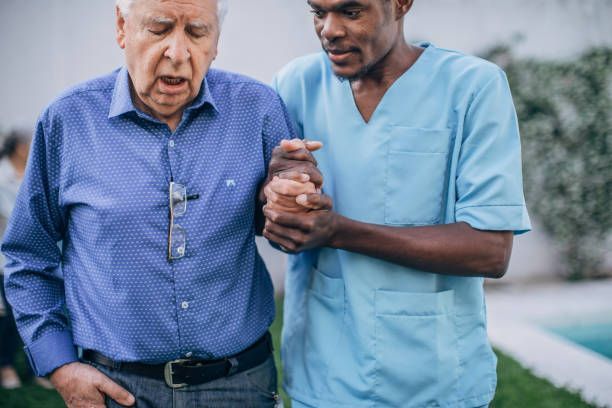
While most cases of food poisoning and stomach bugs resolve on their own, there are times when you should see a doctor. Seek medical attention if:
- Your symptoms last longer than three days.
- You’re unable to keep any fluids down.
- You notice blood in your stool or vomit.
- You have a high fever or severe abdominal pain.
- You’re showing signs of dehydration (dry mouth, dizziness, dark urine, or little to no urination).
At UrgiClinic urgent care, we can provide the care and treatment you need if your symptoms are more severe or if you’re unsure what’s causing your discomfort.
How to Avoid Food Poisoning and Stomach Bugs
While it’s impossible to completely eliminate the risk of getting food poisoning or a stomach bug, there are steps you can take to reduce your chances of falling ill:
Preventing Food Poisoning
- Always cook meat thoroughly to the recommended temperatures.
- Wash fruits and vegetables before eating.
- Avoid unpasteurized dairy products and raw seafood.
- Practice proper hand hygiene before preparing or eating food.
- Refrigerate perishable foods promptly to prevent bacterial growth.
Preventing Stomach Bugs
- Wash your hands regularly, especially after using the bathroom or before eating.
- Disinfect surfaces in your home, particularly if someone is sick.
- Avoid close contact with individuals who are sick.
- Stay home if you’re feeling unwell to prevent spreading the virus to others.
Walk-In to UrgiClinic Urgent Care Today
Whether you’re dealing with food poisoning or a stomach bug, it’s essential to listen to your body and take action when needed.
If your symptoms persist or worsen, or if you’re unsure of what’s causing your discomfort, don’t hesitate to walk in at
UrgiClinic Urgent Care for expert care and fast relief. We’re here to help you feel better, so you can get back to your daily life as quickly as possible.
